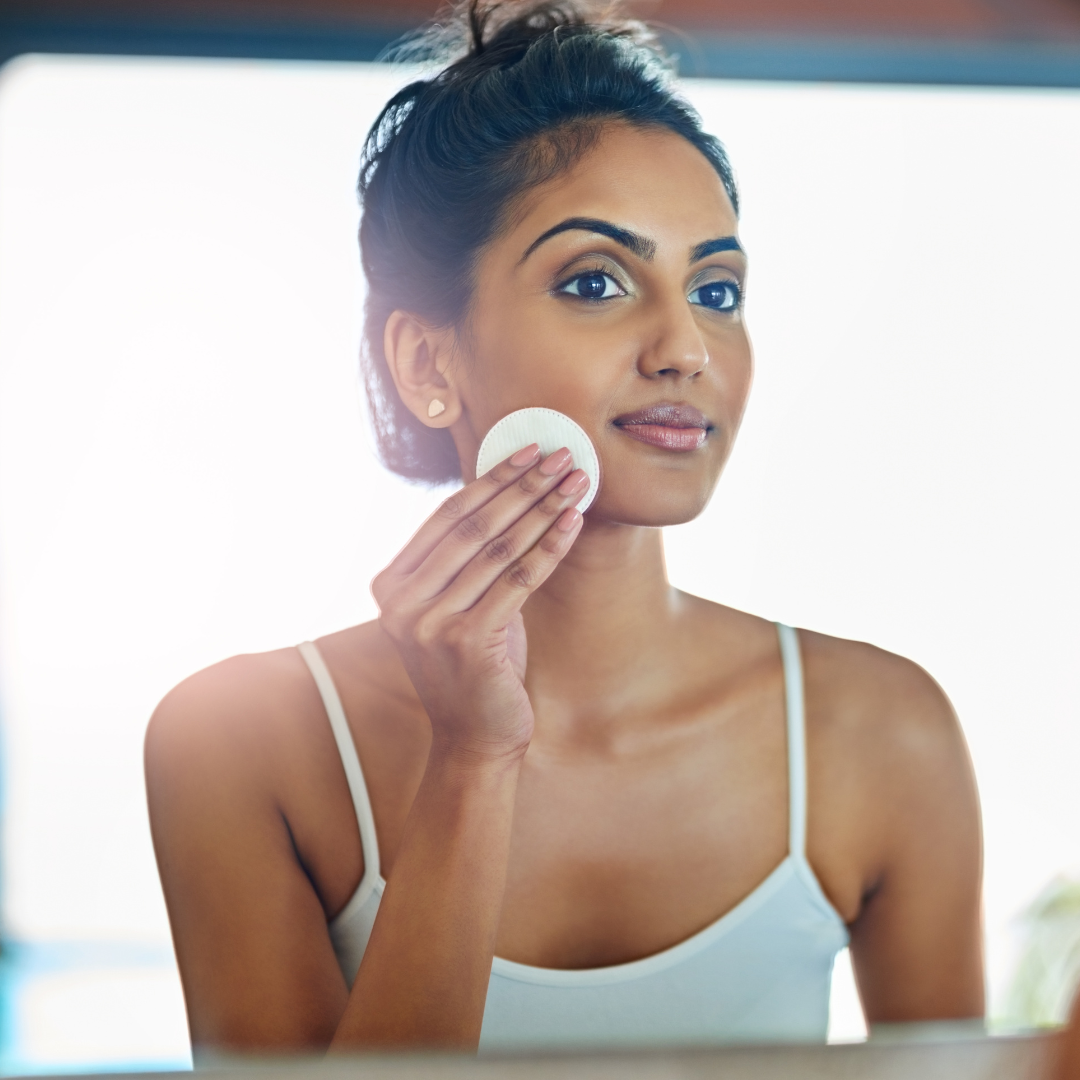Pore-Clogging Ingredients to Look Out For
While pore-clogging ingredients, such as oils, powders, and additives, are not necessarily bad, it’s important to know what you’re putting on your face. In fact, pore-clogging ingredients aren’t the only thing that can make your skin look awful.
Lanolin
Lanolin is the soft, fatty substance secreted by the sebaceous glands found in certain animals, including sheep. While animal lanolin is traditionally used to treat skin ailments, it is also used in cosmetic products, thanks to its emollient and protective properties. Lanolin is a waxy substance that comes from the wool of sheep and other animals. It is used to make cosmetic products like lotions, lip balms, and creams and is also used in products like stamps and wallpaper. A by-product of the manufacture of lanolin, called wool grease, is also used in household products.
Carrageenan
It is important to pay attention to what you put into your body, but even more, care needs to be taken when it comes to beauty products. As a beauty blogger, I’m always looking for a way to simplify my routine and save time, but I also like to know that the products I use are not going to cause problems for my skin.
You may have heard of or seen carrageenan in foods like ice cream or jelly donuts. But did you know it’s also found in toothpaste, cosmetics, and pharmaceuticals? Carrageenan, a natural food additive made from seaweed, has been linked to a number of health problems. It’s used in processed foods and cosmetics because of its thickening properties. While carrageenan does help foods, like ice cream, hold their shape, its unappetizing properties may also cause problems.
Sodium Laureth Sulfate
Sodium Laureth Sulfate (SLES) is the main ingredient in many cosmetics, personal care products, and household cleaners. This compound is a surfactant that promotes the easy removal of oil, dirt, or grease. While SLES certainly does help your washing products clean more effectively, it is well-versed in causing irritation to some users. SLES, or Sodium Laureth Sulfate, is used in many cosmetic and personal care products, including toothpaste, soaps, shampoos, deodorants, and body wash.
SLES is found in many household cleaning products, including laundry detergents, glass cleaners, degreasers, and dishwashing detergents.
Palm oil
“Palm oil,” a common ingredient in food, cosmetics, and household products, serves many purposes. Its oil is similar to olive oil, and it’s used in cosmetics because it absorbs easily into the skin. It can also be used as a pain reliever, and it’s even used to make biodiesel. However, palm oil also poses a danger to your body. Not only does it contain saturated fats, but it’s also linked to obesity, diabetes, and heart disease.
We often think of facial cleansers as simply water, a product for removing dirt or makeup. Despite their simple composition, facial cleansers have come under fire over the past several years for their potentially harmful ingredients. These ingredients include parabens, sulfates, and triclosan, all of which can be linked to skin issues, such as redness, dryness, and wrinkles.
Palm oil is everywhere you shop nowadays. It is found in everything from salad dressing to margarine to snack foods. It is even used as a cooking oil and is found in many processed foods. While it might sound healthy, this vegetable oil actually has the opposite effect.
Coconut oil
Do you slather coconut oil all over your skin and wonder why it is greasy or sticky? Then you are not alone because many people are confused by the conflicting information out there about coconut oil. On the one hand, coconut oil is touted as a natural, healthy fat that is a go-to ingredient in everything from baking desserts to makeup. On the other hand, it is touted as a pore-clogging ingredient that clogs pores and leads to breakouts.
As a natural makeup remover, coconut oil has gained popularity in recent years as a makeup remover alternative to soaps. But many women are using coconut oil because of its skincare benefits, too, becoming a staple in many skin care regimens. But before you rub it all over your face, make sure you are not wasting money on a product that’s clogging your pores.
Wheat germ
Wheat germ is a delightfully healthy ingredient, but be warned: it has a tendency to clog pores. When eaten improperly, it can cause acne, blackheads, and even oily skin. As a product, wheat germ is often found in foods made with bread or pasta and is sprinkled on top of salads. However, on the flip side, it can also make a nutritious pie crust and pudding.
Wheat germ is the outer portion of the wheat kernel that contains the most nutritional value. It contains all nine of the essential amino acids that the body needs. It is rich in vitamin E, thiamin, riboflavin, niacin, and folic acid. Wheat germ is also rich in minerals, including calcium, phosphorus, manganese, iron, zinc, and copper.
It is also recommended once in a while to get yourself a facial treatment. Yes, facial treatments can greatly help reduce your clogged pores. During a facial, various methodologies are used to cleanse your skin thoroughly, such as steaming, exfoliation, and extraction. These techniques help remove dirt, oil, dead skin cells, and other debris that may clog your pores and contribute to acne and blackheads.
Moreover, facials involve the application of specialized skincare products specifically designed to unclog pores. Therefore, receiving a facial every 1-2 months, particularly if you struggle with clogged pores, can notably decrease their occurrence. You can easily search online for “esthetician clinics providing facial near me in Frisco, TX” (or your location), select a suitable center, and schedule your monthly facial appointment.
In conclusion, it’s essential to be mindful of the ingredients in our skincare products and the potential impact they can have on your skin health. While some ingredients like lanolin and coconut oil may offer benefits, they can also clog pores and lead to skin issues if not used properly. Similarly, common additives like carrageenan and sodium laureth sulfate can pose risks to your skin and overall health. It’s important to educate yourself and make informed choices when selecting skincare products. Additionally, regular facials can play a significant role in reducing clogged pores and maintaining clear, healthy skin.
Thus, by incorporating proper skincare practices and seeking professional treatments when needed, you can help keep your skin looking its best and avoid potential issues in the long run.


